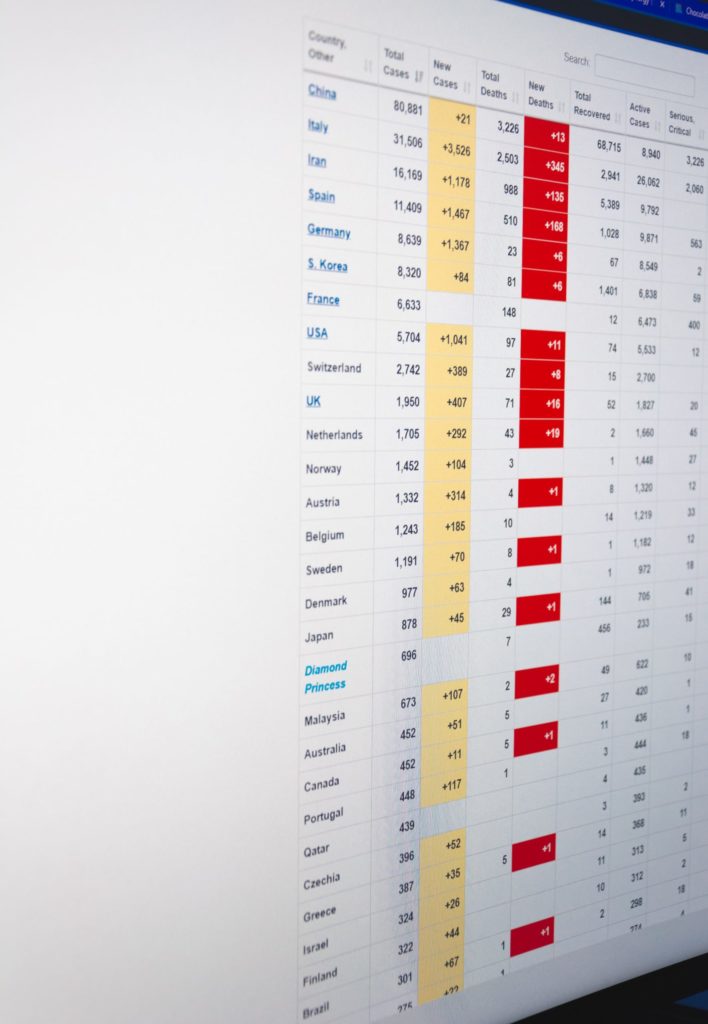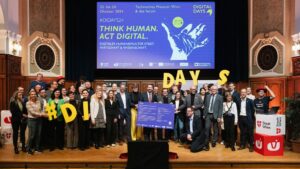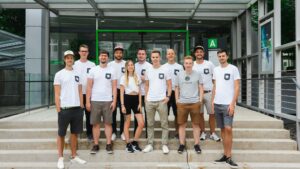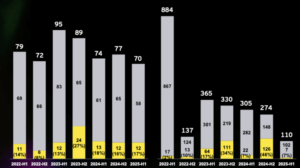Bulgaria Ranks First of Top 3 Digital Risers for Europe and North America

The COVID-19 crisis has accelerated the digital revolution on a global scale. While some countries are struggling to foster technological innovation to help their economies, others are already a step ahead. Such is the case with Bulgaria that has officially become the top Digital Riser for Europe and North America, according to the annual Digital Riser Report.
The Digital Riser Report ranks the digital competitiveness of countries all over the world for a period of three years to measure their progress. It relies on data from the Global Competitiveness Report, which is published by the World Economic Forum (WEF) every year.
According to the report, Bulgaria has improved the most in the mindset dimension. The country has put a lot of effort to foster digital initiatives. For one, there has been a number of regulations at different levels aiming to support high-tech sectors. An important change in the educational system was that coding became obligatory in primary schools (2018), thus providing the sector with a more prepared workforce. Legislators have been supportive of initiatives that aim to establish conditions for the development and accessibility of digital networks and services. On November 4th, 2019, the Bulgarian government adopted a National Programme “Digital Bulgaria 2025”, based on the new EU regulatory framework for electronic communications
The role of “Digital Bulgaria 2025”
The “Digital Bulgaria 2025” lighthouse initiative is the leading factor contributing to Bulgaria’s top position in the ranking. The initiativе, which is a continuation of another Programme – “Digital Bulgaria 2015”, is implemented with the help of the Bulgarian Ministry of Transport, Information Technology, and Communications. The goal is to put into effect intelligent IT solutions in the economic and social life of Bulgarians. Part of the initiatives’ projects such as “EU Code Week” and “Future is Code” are oriented towards ensuring digital skills and supporting education on a local level. Other events (“Rails Girls”, “Digi Girlz”), organized as free digital technology workshops, aim to support female students that would like to find a job in the sphere. Apart from modernizing school education, “Digital Bulgaria 2025” is trying to digitalize all Bulgarian industrial sectors and related services. The main source of funding, the Operational Programme “Innovation and Competitiveness” (OPIC), has recently provided BGN 35.6 Million to fund technology-oriented early-stage startups. Another project that is part of “Digital Bulgaria 2025” is “Stimulating the Entry of Innovation to Enterprises” and it will support industrial businesses so that they could introduce product or technology innovations to the manufacturing process. Currently, the firms approved are still waiting for financial help as the COVID-19 crisis has slowed the process.
The Contribution of the Private Sector
The Bulgarian private digital sector has also been developing rapidly for the past few years. There has been a noticeable rise in the number of fintech, and software startups. Many new firms are currently trying to develop projects in spheres such as Artificial Intelligence (AI) and machine learning. In Sofia, where most of the startups are based, the number of fintech startups is over 60 while AI firms are over 32. Digital firms are also socially active. During the pandemic, a lot of social projects initiated by different companies took place in support of the Bulgarian community. Hackathons and online events took place and some corporations went one step further to create mobile apps aiming to support the community. These activities stimulate many to be more involved with technology and may have contributed to Bulgaria’s improvement in the mindset dimension of the Digital Riser Report. September is a month that promises the large public a few chances to improve their digital skills: “LAUNCHub Talks: Patenting Software and AI Apps” is taking place on September 14th and is going to give practical advice when it comes to patenting one’s software and “SHEleader @ Digital” that is featuring female engineers and leaders from various sectors who will try to encourage young women to pursue their career in the deep tech industry.
Bulgaria is trying to implement changes on its way to digital transformation. Various institutions are working to ensure that the new generations possess digital skills and businesses in the digital sphere are stimulated to develop. It is interesting whether the country will improve in other dimensions of this ranking. For now, Bulgaria scores 8th in the ecosystem dimension while Albania and Greece are higher in the ranking. The ecosystem dimension evaluates conditions for starting (and funding) businesses such as venture capital availability and ease of hiring foreign labor. With that said, Bulgaria may have to put a lot of effort to stay competitive as other Balkan countries may have better options to offer.





























